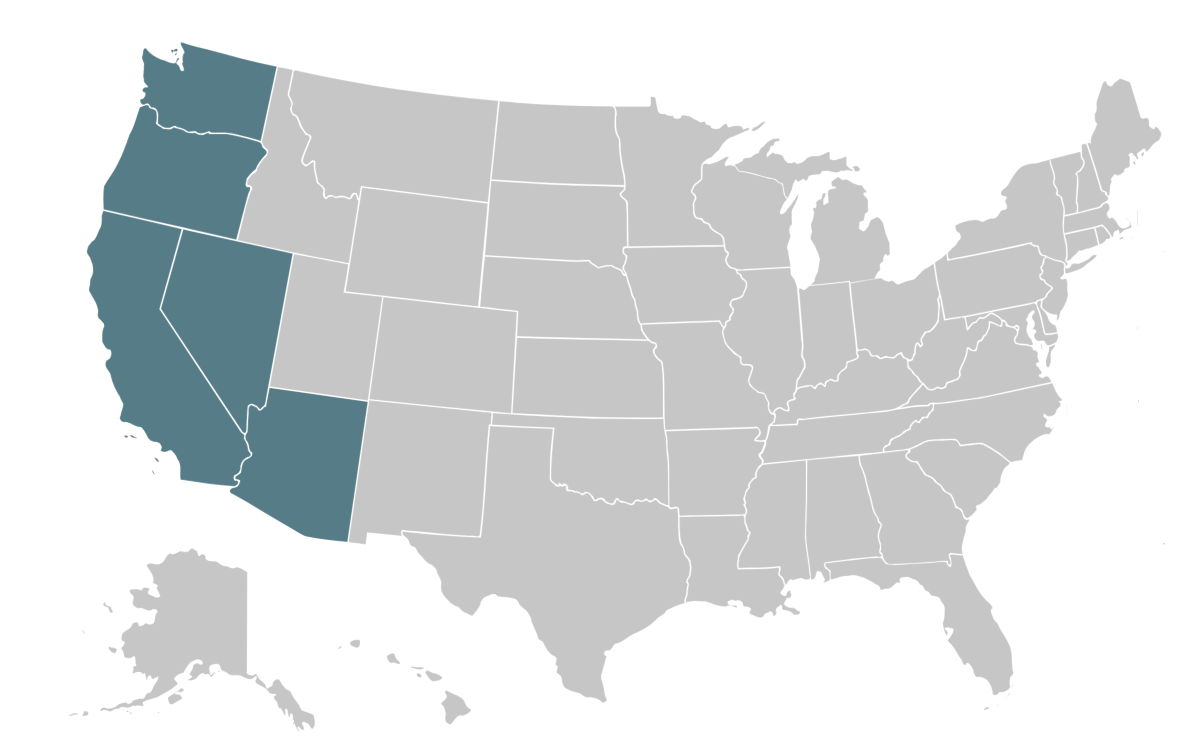Western State Issues

The Hispanic Association of Colleges and Universities (HACU) opened the Western Regional Office (WRO) in California in August of 2005 to advocate for Hispanic higher education policy and track legislative issues in the western region of the U.S.
Based in Sacramento, the office advocates for policies and legislation that expand access, encourage retention in, and increase graduation rates for Latino Students at two and four-year colleges and universities. HACU also advocates for the resources Hispanic-Serving Institutions (HSIs), emerging HSIs, and our member colleges and universities need to succeed in fulfilling their missions.
Specifically, the WRO works with HSIs located in the five western states of Arizona, California, Nevada, Oregon, and Washington. The WRO staff aims to work with member institutions in this region, to support efforts to provide the best resources and opportunities for Hispanic Students. This includes sharing information about HACU’s internship and scholarship opportunities for students, sharing best practices, and advocating for resources to help our members succeed in fulfilling the advancement of Hispanic students. The WRO also tracks legislation, and works with policy makers and elected officials in the western states advocating for policies that support Hispanic Students, HSIs, and emerging HSIs.
In addition, the WRO recruits for HACU’s National Internship Program in Northern and Central California which provides college students paid summer and semester long internships at federal agencies and private corporations in Washington, D.C., and throughout the country. These ten and fifteen week internship programs give college students direct experience in a diversity of careers in the federal and corporate sectors. Since 1992, HNIP has placed over 12,500 college students in rewarding and challenging internships matching their majors and career goals.
Please feel free to contact our office with any questions regarding our HSI or policy work or for more information on the HNIP program.
